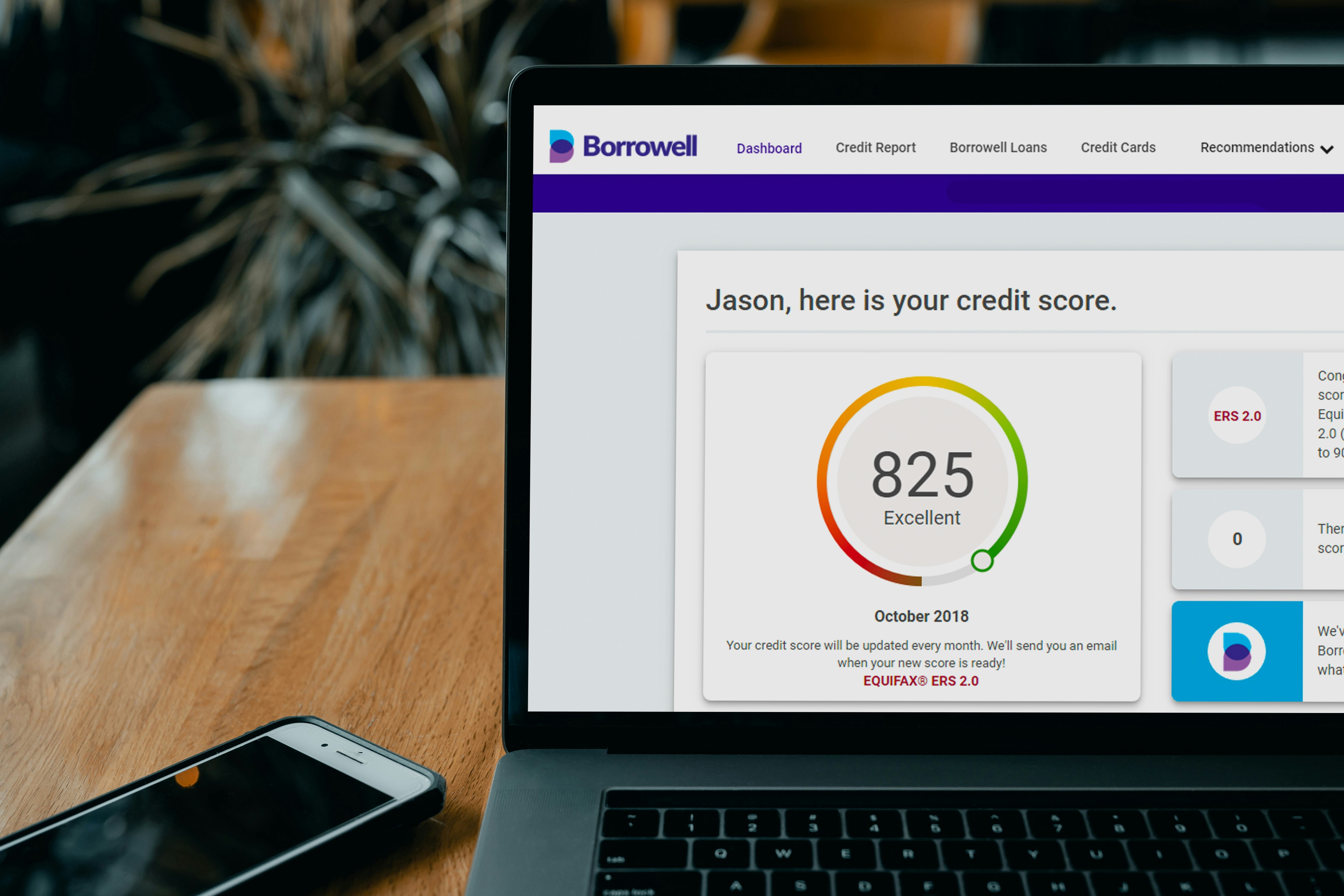What Are Car Title Loans?
Car title loans are a type of secured loan where borrowers use their vehicle’s title as collateral to obtain financing. This arrangement allows individuals who may have a limited credit history or urgent financial needs to access cash quickly. The basic premise of car title loans involves a borrower providing the lender with the title of their vehicle, effectively placing a lien on the vehicle until the loan is repaid. By doing so, the lender mitigates their risk, as they have the potential to reclaim the vehicle in case of default.
The process of obtaining a car title loan typically involves several straightforward steps. Initially, the borrower must find a reputable lender that offers car title loans. Most lenders require that the vehicle is fully paid off, meaning there should be no outstanding loans or liens on the title. Once a suitable lender is identified, the borrower will need to present specific documentation, which often includes proof of identity, proof of income, and a clear title to the vehicle.
After the documentation is submitted, the lender will assess the vehicle’s value, which significantly influences the amount of money the borrower can obtain. The loan amount is usually a percentage of the vehicle’s market value. If approved, the borrower will then sign a loan agreement, outlining the terms and conditions, including interest rates and repayment schedules. Generally, the borrower maintains possession and use of the vehicle during the loan term, as long as the payments are made on time. However, it is crucial to understand that failure to repay the loan could result in the loss of the vehicle, highlighting both the risks and benefits of car title loans.
The Benefits of Car Title Loans
Car title loans offer several advantages that make them an appealing option for individuals in need of quick cash. One of the primary benefits is the expedited access to funds. Unlike traditional loans, which may involve lengthy approval processes, car title loans typically allow borrowers to receive money within a matter of hours. This can be particularly advantageous in emergency situations where immediate financial assistance is required.
Another notable benefit is the potentially competitive interest rates that car title loans can offer. While the rates may vary by lender, they often provide more favorable terms than other types of high-interest loans, such as payday loans or credit cards. This makes car title loans a preferable choice for individuals seeking a cash infusion without incurring exorbitant costs. Borrowers can not only secure funds quickly but may also find that the cost of borrowing is manageable.
Additionally, car title loans tend to have minimal credit requirements, making them accessible to a broader range of applicants. Many traditional loans require good credit scores for approval, which can exclude individuals from obtaining necessary funds. In contrast, the approval for car title loans is primarily based on the value of the vehicle being used as collateral rather than the borrower’s credit history. This flexibility can aid those with poor credit ratings in obtaining financing when they need it most.
Furthermore, one of the unique benefits of car title loans is the ability to retain usage of the vehicle during the loan period. Borrowers can continue driving their cars while repaying the loan, which alleviates the stress of losing necessary transportation. Overall, car title loans present a viable solution for those requiring quick access to cash, combined with competitive rates and substantial accessibility.
Potential Risks Associated with Car Title Loans
Car title loans can offer quick access to cash for individuals in urgent financial need; however, several risks accompany this financial option that borrowers must carefully consider. The most significant risk is the potential loss of the vehicle itself. When a borrower secures a loan using their car title as collateral, the lender gains the legal right to repossess the vehicle if the loan is not repaid on time. This risk can lead to severe consequences for borrowers who may rely heavily on their cars for transportation to work, school, or family obligations.
Another critical issue is the high-interest rates associated with car title loans. Unlike traditional loans that might offer lower and more reasonable interest rates, car title loans generally feature exorbitant rates, often exceeding those of credit cards. These rates can translate into substantial repayment amounts, complicating the financial burden for the borrower. It is essential for potential borrowers to fully understand the long-term implications of these high-interest rates before committing to any agreement. Failure to comprehend the loan’s financial scope can lead to distress, as unexpected fees and elevated payments can arise.
Furthermore, the structure of car title loans can trap borrowers in a cycle of debt. Due to the short repayment terms, which are typically a few weeks to a couple of months, many individuals find it challenging to repay the loan in full upon maturity. As a result, they may feel compelled to refinance or take out additional loans, which can create a perpetuating cycle of debt. This situation not only increases their financial liabilities but may also impact their credit scores, making future borrowing even more difficult. It is crucial for potential borrowers to weigh these risks against the benefits before deciding to proceed with a car title loan.
Interest Rates and Fees Explained
When considering car title loans, it is crucial for potential borrowers to understand the associated interest rates and fees. These financial products tend to come with higher interest rates compared to traditional loans, primarily due to the risk involved for lenders. Typically, the annual percentage rate (APR) on car title loans can range significantly, often landing between 15% to 25% or more, depending on various factors such as state regulations, the lender’s policies, and the applicant’s creditworthiness.
State regulations play a significant role in determining the maximum allowable interest rates and fees. For instance, some states have capped interest rates, while others allow lenders greater flexibility in setting their rates. Consequently, borrowers should carefully research the laws specific to their state to gain a better understanding of potential costs. Additionally, different lenders may offer varying rates even within the same jurisdiction, making it prudent to shop around for the best deal.
In addition to interest rates, borrowers should be mindful of other fees that may not be immediately apparent. Hidden fees can include origination fees, late payment penalties, or even costs for loan extensions. Understanding these fees is essential, as they can significantly impact the overall cost of the loan. Furthermore, borrowers should inquire about any additional charges that may arise if the loan is not paid back within the agreed-upon timeframe.
Ultimately, being well-informed about the interest rates and fees associated with car title loans can empower borrowers to make educated decisions. Evaluating these financial factors alongside personal circumstances is crucial to assess whether moving forward with this type of financing is in one’s best interest.
Eligibility Criteria for Car Title Loans
Car title loans can provide immediate access to funds for those who qualify. To obtain a car title loan, borrowers must meet specific eligibility criteria. The factors influencing eligibility primarily includes age, credit history, vehicle condition, and income level.
Firstly, age is a fundamental criterion; borrowers typically need to be at least 18 years old. This age requirement ensures that the borrower enters into a legal contract and understands the implications of such financial obligations. Secondly, while a good credit history is not always mandatory to secure car title loans, it can affect the loan terms and interest rates. Lenders often check credit reports to assess borrowers’ repayment history and overall financial stability. However, even individuals with poor credit may find opportunities for financing through this type of loan.
The vehicle itself plays an essential role in eligibility. Lenders require that the car title is clear, meaning it is free of any liens or outstanding loans. Vehicles that are in good condition and of a certain age or model may qualify a borrower for larger loan amounts. Thus, the type and condition of the vehicle are crucial factors in determining eligibility for car title loans.
Lastly, demonstrating adequate income is vital. Lenders typically require proof of income to ensure that borrowers can repay the loan. This may include pay stubs, bank statements, or other documentation. In many cases, having a steady income increases the chances of securing a loan with favorable terms.
Ultimately, individuals seeking car title loans must ensure they have clear vehicle ownership documentation and fulfill the outlined criteria. Meeting these requirements will enhance the chances of gaining access to this form of quick and accessible financial assistance.
How to Choose a Reliable Lender
Selecting a reputable car title loan lender is critical to ensuring a positive borrowing experience. The first step in this process is conducting thorough research on different lenders available in your area. This can help you identify which institutions offer the most favorable terms and conditions. Look for lenders that have a solid reputation in the industry, as this can be a strong indicator of reliability and customer satisfaction.
One effective method for assessing a lender’s reliability is to check online reviews. Websites that aggregate customer feedback can provide valuable insights into the experiences of previous borrowers. Pay close attention to comments regarding transparency, ease of the application process, and customer service. Also, consider the volume of reviews; a lender with numerous positive reviews is generally more trustworthy than one with a handful of mixed responses.
Comparing terms and conditions across multiple lenders is another essential step in the selection process. Different lenders may offer varying interest rates, loan amounts, and repayment periods. Look for a lender that provides clear information about their fees and loan terms, and be sure to ask questions if anything is unclear. Understanding the financial obligations associated with car title loans is essential, as it can help prevent unwelcome surprises down the line.
Customer service is yet another factor that should weigh heavily in your decision-making process. A reliable lender should be accessible and responsive to inquiries. Before committing to a loan, try reaching out to customer service representatives to gauge their responsiveness and willingness to assist. Good communication can significantly enhance your experience, aiding in the swift resolution of any issues that may arise during the loan process.
By following these guidelines, you can confidently choose a lender that aligns with your needs while mitigating the risks often associated with car title loans.
Alternatives to Car Title Loans
When seeking financial assistance, individuals often explore various alternatives to car title loans. These alternatives can provide viable options, depending on one’s financial situation and needs. Understanding these alternatives can be crucial in making informed decisions regarding borrowing.
One common alternative is personal loans, which can be obtained from banks, credit unions, or online lenders. Personal loans generally offer fixed interest rates and repayment terms, making them easier to budget for. Unlike car title loans, which require collateral in the form of a vehicle, personal loans typically do not demand asset security. However, they may require a credit check, which can impact the eligibility of individuals with poor credit histories.
Another option is using credit cards for financing needs. Many individuals hold credit cards that allow them to access credit easily. Using a credit card can provide short-term financing without any collateral requirements, but it is essential to be aware of high-interest rates associated with unpaid balances. Accumulating debt on credit cards can lead to significant financial strain if not managed properly.
Additionally, community assistance programs can serve as a support mechanism for those in need. Many local organizations and nonprofits offer emergency financial assistance for various needs, including housing, food, and medical bills. While these programs may not provide cash directly, they can alleviate financial burdens in other essential areas. However, these resources may have specific eligibility criteria and may not always be readily available.
In comparison to car title loans, these alternatives can provide more flexible terms or avoid high-interest rates. Understanding the risks and benefits of car title loans in relation to personal loans, credit cards, and community programs can empower individuals to make better financial choices. Each option carries its own advantages and drawbacks, thus thorough research and consideration are paramount.
Managing Car Title Loan Debt Effectively
Effective management of car title loan debt is crucial to maintaining financial stability and avoiding the potential repercussions of unpaid debts, such as repossession of the vehicle. Establishing a strategic plan can help borrowers navigate their loan repayment while minimizing the risks associated with this type of financing. One of the first steps is to create a comprehensive budget. By analyzing monthly income and expenses, borrowers can identify areas where they can cut back, allowing them to allocate more funds towards their car title loan repayment.
Additionally, prioritizing repayments is essential. Setting up a clear repayment schedule that addresses the most pressing debts first can prevent the accumulation of late fees and interest. If a borrower has multiple loans, including a car title loan, they should consider using the avalanche or snowball method. The avalanche method focuses on paying off the loan with the highest interest rate first, whereas the snowball method targets the smallest debts, providing psychological motivation as each balance is settled.
Seeking professional financial counseling is another effective strategy for those struggling with car title loan debt. Financial advisors can offer personalized advice and strategies tailored to individual circumstances. They can help evaluate overall financial health and suggest viable options such as debt consolidation or restructuring. This guidance is particularly valuable in formulating a plan to tackle mounting debts and establishing a pathway toward financial recovery.
By actively managing car title loan debt through informed budgeting, strategic prioritization of repayments, and seeking assistance, borrowers position themselves to overcome the difficulties that often accompany these loans. Tackling the car title loan head-on is an essential step to mitigate risks and ensure a stable financial future.
Conclusion: Making an Informed Decision
In evaluating the intricate landscape of car title loans, it is essential to recognize both the benefits and the risks associated with this form of financing. Car title loans offer quick access to cash, often requiring minimal paperwork and offering same-day funding for those facing urgent financial needs. This expediency can be particularly advantageous for individuals who may not qualify for traditional loans due to poor credit scores or existing financial obligations.
However, it is equally important to acknowledge the potential pitfalls that accompany car title loans. The most pressing concern is that these loans can lead to a cycle of debt if not managed correctly, as the high interest rates often associated with them can quickly escalate the total repayment amount. Furthermore, failure to repay the loan can result in the loss of the vehicle used as collateral, presenting a significant risk especially for those reliant on their car for daily transportation.
Thus, individuals considering car title loans should approach this option with caution. It is critical to analyze one’s financial situation and assess whether the benefits of securing quick cash outweigh the associated risks. Exploring alternative borrowing options, such as personal loans from banks or credit unions, may provide a more sustainable solution in some cases. The decision should be made based on thorough research, understanding all terms and conditions, and a clear plan for repayment.
In conclusion, the choice to engage with car title loans is not one to be taken lightly. Weighing the advantages against the potential disadvantages is crucial in making an informed financial decision that aligns with one’s overall economic wellbeing. Navigating this landscape requires due diligence, allowing individuals to select the best course of action for their financial needs.








